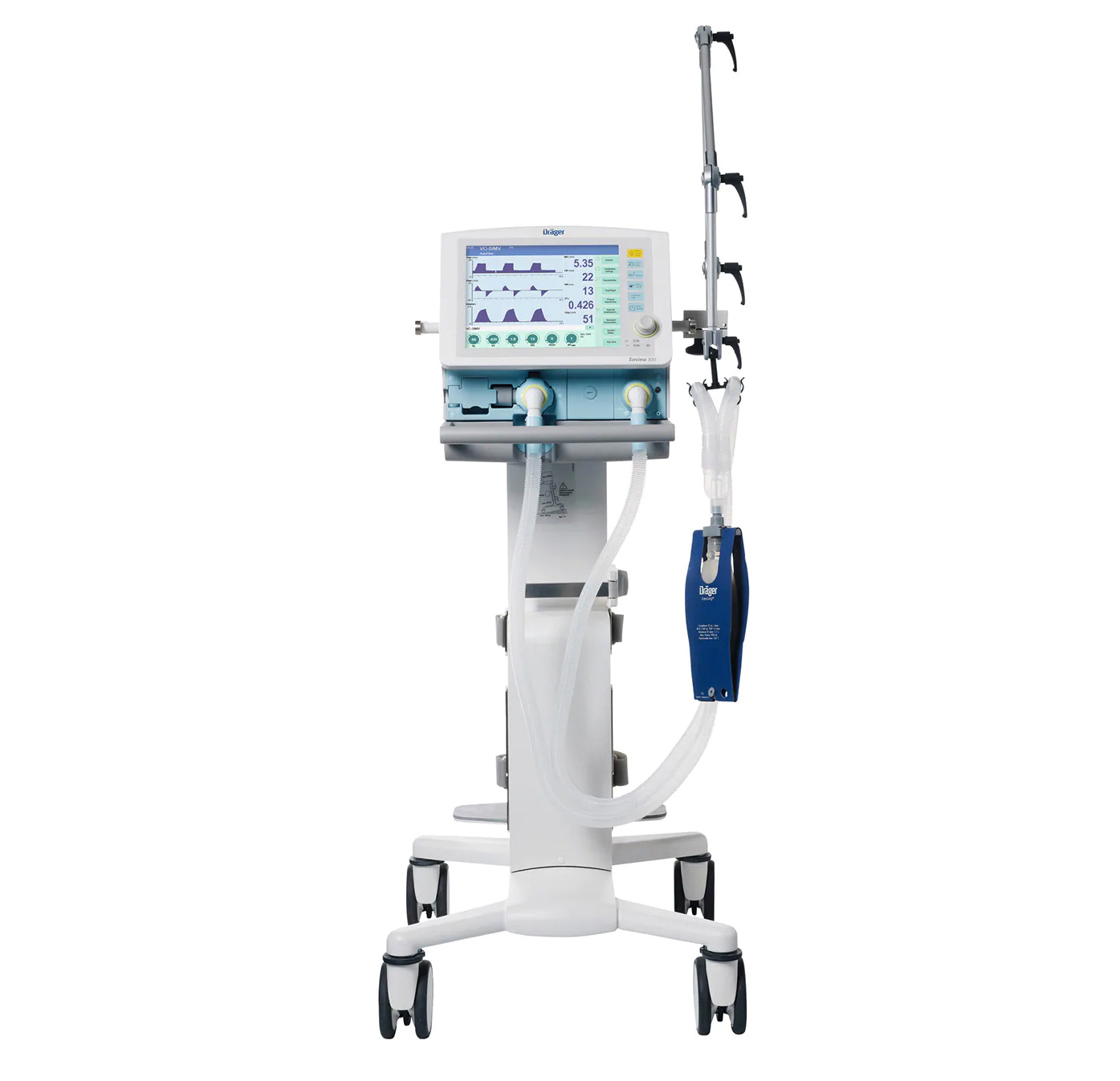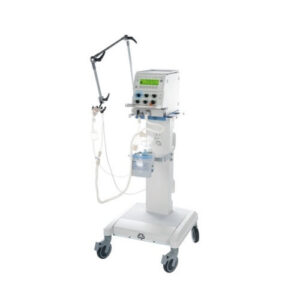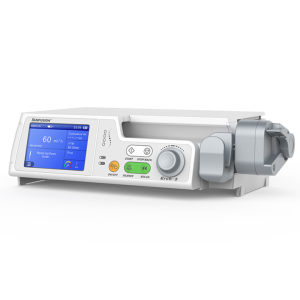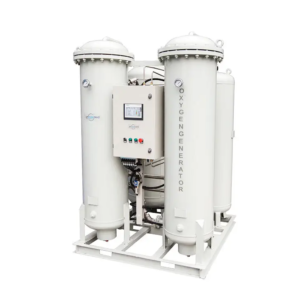TECHNICAL DATA
Ventilation modes
Volume-controlled ventilation modes ‒
— VC-CMV / VC-AC
— VC-SIMV
Pressure-controlled ventilation modes ‒
— PC-SIMV+
— PC-AC
Support of spontaneous breathing ‒
— SPN-CPAP
Optional Enhancements
AutoFlow® Automatic adaption of the inspiratory flow in volume
orientated ventilation modes.
Capnography Mainstream CO2 measurement
LPO Low Pressure Oxygen. Independent oxygen supply,
e.g. with an O2 concentrator
MonitoringPlus Loops, Trends, user Logbook
NIV Non Invasive Ventilation with optimized alarm systems
and automatic leakage compensation.
Nurse call Connection for transmitting alarm signals to a central,
alarm system
Special Maneuvers
— Intrinsic PEEP
— Exp. Hold
Therapy Settings
Patient type Adults, adolescents, children, infants
Respiratory rate 2/min to 80/min
Inspiration time 0.2 to 10 s
Tidal volume 0.05 to 2.0 L, BTPS1
Inspiratory pressure 1 to 99 mbar (or hPa or cmH2O) (1 mbar = 100 Pa)
PEEP/interm. PEEP 0 to 50 mbar (or hPa or cmH2O)
Pressure support/ΔPsupp 0 to 50 mbar (or hPa or cmH2O) (relative to PEEP)
Flow acceleration 5 to 200 mbar/s (or hPa/s or cmH2O/s)
O2-concentration 21 to 100 Vol. %
Trigger sensitivity (Flow trigger) 1 to 15 L/min
Inspiratory termination criterion 5 to 75 % PIF (peak inspiratory flow)
Displayed measured values
Airway pressure measurements Max. airway pressure, plateau pressure, mean airway pressure,
PEEP 0 to 99 mbar (or hPa or cmH2O)
Minute volume (MV) Total MV, spontaneous MV 0 to 99 L/min, BTPS
Tidal volume Inspiratory VT, expiratory VTe, VTspon 0 to 3999 mL, BTPS
Total respiratory rate Total and spontaneous respiratory rate, 0 to 150/min
Inspiratory O2-concentration 21 to 100 % Vol.
End-tidal CO2 concentration EtCO2 0 to 100 mmHg (or 0 to 13.2 Vol% or 0 to 13.3 kPa)
Breathing gas temperature 18 to 48 °C (64.4 to 118.4 °F)
Curve displays Paw(t), Flow(t), Tidal volume (t), CO2 (t)
Ventilation ratio (I:E) 1:150 to 150:1
Compliance C 0.5 to 200 mL/mbar (or mL/hPa or mL/cmH2O)
Resistance R 3 to 300 mbar/L/s (or hPa/L/s or cmH2O/L/s)
Leakage minute volume MVleak 0 to 100 %
Rapid shallow breathing RSB 0 to 9999 (1/min/L)
Intrinsic PEEP PEEPi 0 to 100 mbar (or hPa or cmH2O)
Loops (MonitoringPlus) ‒
— Pressure / Volume
— Volume / Flow
— Flow / Pressure
— Volume / CO2
— Ptrach – Volume
— Flow – Ptrach
Alarms
Airway pressures high / low
Expiratory minute volume high / low
Tidal volume high / low
Apnea-alarm time 15 to 60 sec
Spontaneous breathing frequency high
Inspiratory O2-concentration high / low
Inspiratory breathing gas temperature high
EtCO2 high / low
Performance data
Maximum (continuous) inspiratory flow 250 L/min
Valve response time T0…90 ≤ 5 ms
Control principle time-cycled, volume-controlled, pressure limited
Safety valve opening pressure 120 mbar (or hPa or cmH2O)
Emergency valve automatically enables spontaneous breathing with filtered ambient air if air
and O2 supply should fail.
Automatic gas switch-over function if O2 supply
fails
Output for pneumatic medication nebulizer
synchronized with inspiration
Leak compensation synchronized patient-ventilator synchrony adjusts the flow trigger
and the inspiratory termination criteria for leaks.
— tube application: up to 10 L/min
— NIV VC-modes: up to 25 L/min
— NIV PC-modes: unlimited
Operating data
Mains power connection 100 V to 240 V, 50/60 Hz
Current consumption max. 1.3 A at 240 V, max. 3.4 A at 100 V
Battery internal typically 45 min (optional extension up to 5 h)
Turbine exchange interval 8 years, with no limit in operating hours during this interval
Digital machine outputs
Digital output and input via an RS 232 C interface
Dräger MEDIBUS and MEDIBUS.X
Gas supply
Air Turbine technology
O2 gas supply 3 bar (43.5 psi) – 10 % up to 6 bar (87 psi)
Dimensions and weights
Dimensions W x H x D (without trolley) 460 x 383 x 364 ±2 mm (18.11 x 15.08 x 14.33 ±0.08 inch)
Weight (basic device) approx. 26 kg (57.3 lbs) without trolley
Diagonal screen size 12” TFT color touch screen






